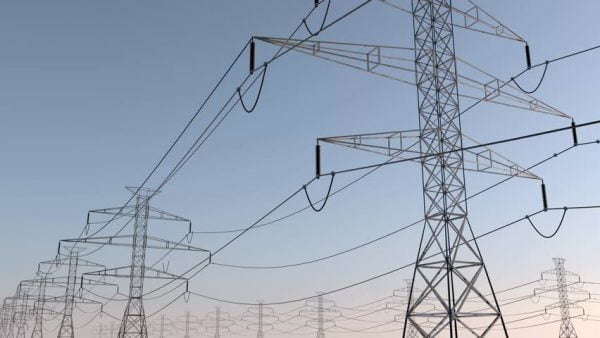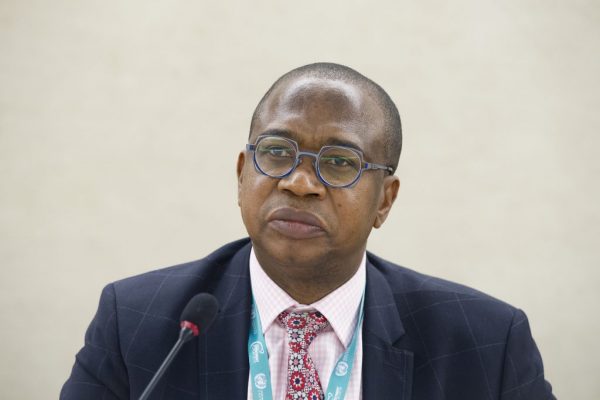Industry experts speak on fuel, electricity challenges

Economists and industrialists have expressed mixed reactions over the prevailing fuel and energy supply instability, which has seen economic productivity slowing down.
The fuel shortages, which began in 2018, have resulted in buses, haulage trucks and private vehicle drivers spending a lot of time in long fuel queues.
The fuel crisis comes at a time when the country’s economic development has also been negatively affected by electricity supply shortages, characterised by prolonged power cuts that are disrupting business operations.
The fuel shortage is making it almost impossible for industry to rely on generators for power during load-shedding hours.
Recently, Zesa Holdings announced that the load- shedding programme had advanced to Stage 2.
Limited long-term investments and maintenance of key infrastructure are significantly contributing to the power crisis.
On the other hand, although there have been frequent increases in the price of fuel during the past year, availability of the commodity remains constrained.
Long winding queues at service stations have seen some motorists resorting to buying fuel from the black market, where five litres of fuel is sold for between US$9 and US$10.
As a result of the recent fuel shortages, transport costs have spiked over the past two weeks.
In an interview with The Sunday Mail Business last week, economist Dr Gift Mugano said there is need to co-opt more players into the fuel sector. He said doing so will encourage transparency in the sector.
“The fuel sector needs more players. There are very few players in that sector, which makes cartels a very high possibility. More players will also bring in more capital to finance and properly distribute the fuel,” he said.
However, Dr Mugano said availing enough foreign currency was also necessary. He said the country had four exchange rate markets, which was perpetuating the sale of fuel at different and unstable prices.
“The difference in the various rates affect the procurement of fuel,” he said.
Confederation of Zimbabwe Industries (CZI) president Mr Henry Ruzvidzo said: “The chronic problem with the supply of fuel and other economic enablers, even when foreign currency inflows are at their highest in 2019, points to a lack of appropriate prioritisation of foreign currency uses.
“Production will regenerate or preserve foreign currency, whereas the trend over the past few years, where the nation has been importing for consumption, has seen the demand for forex outstripping supply.”
However, economist and Zimbabwe National Chamber of Commerce (ZNCC) chief executive Mr Christopher Mugaga offered a different view.
Mr Mugaga emphasised the need to increase the price of fuel, which is currently selling below US$1 at $17,90 and $17,44 for diesel and petrol respectively.
Mr Mugaga attributed the fuel crisis to the “wrong pricing of fuel”.
“The problem is on the pricing of fuel, which is wrong. There is nowhere in the world where fuel is selling below US$1,” he said.
But when it comes to the energy challenges, a survey conducted by the ZNCC attributed the crisis to limited investment and maintenance. Ninety percent of participants blamed the two issues.
Zimbabwe’s energy challenges, characterised by prolonged power outages, have seen the country’s industries and various businesses greatly affected.
Some companies have even closed due to high operational costs.
Presenting the survey’s findings at the ZNCC’s 5th Annual Business Review Conference last week, Mr Mugaga reiterated that aged equipment at the country’s major power stations were behind worsening electricity supplies.
Twenty-one percent of participants blamed the electricity shortages on non-payment by consumers, while 12 percent blamed low water levels in Lake Kariba.
“The major contributor is lack of investment and maintenance of our equipment. That takes 90 percent in our presentation,” he said.
Other factors include inefficiency and corruption in the energy sector, theft and breakdown of equipment, debt to foreign suppliers and foreign currency shortages for the importation of equipment.
Making a presentation at the same event, Energy and Power Development Minister Fortune Chasi said Zimbabwe should see opportunities in neighbouring countries. He said other countries in the region are also facing energy challenges.
Minister Chasi said Zimbabwe needed to widen its scope and consider nuclear energy, which could create opportunities for the country to export energy.
“Our vision is not just expunging the current deficit. Of course, we would want to have a balance between supply and demand, but we want to go beyond that.
“We see the shortages that exist in other regional countries as opportunities for us to export power. That is our vision and we are determined to follow that path to ensure that we have power and energy security in the country,” he said.
Minister Chasi went on to attribute the current energy challenges to the drought, which he said greatly affected water levels at Kariba Power Station.
As of December 2, 2019, Lake Kariba’s water levels were at 477,07 metres. This was only 10,85 percent of live lake storage, which is used for electricity generation.
“The electricity sub-sector is reeling in power shortages due to curtailed generation at its traditional State- owned hydro and thermal power sources, whose total installed capacity is 2 300MW.
“Due to nature’s conspiracy against our country, our power supply situation continues to be strained since the first quarter of 2019,” Minister Chasi said.
The Sunday Mail


